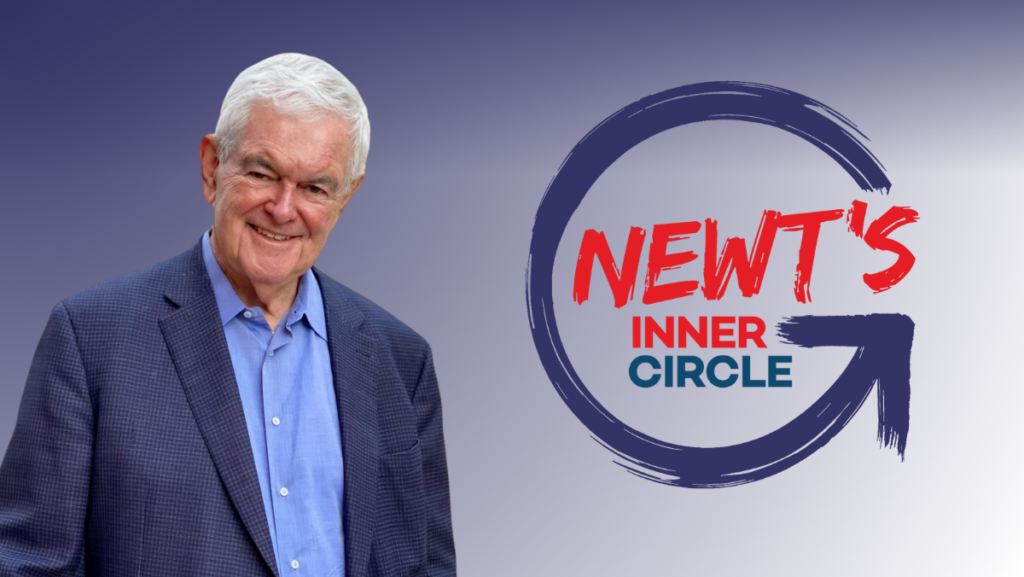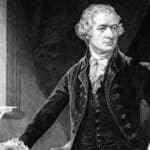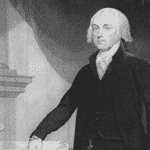Balancing the Budget is the decisive principle that will enable genuine reform of the federal government. Americans will accept substantial changes if they lead to a balanced budget, lower interest rates, lower taxes, a healthier economy, and increased jobs and take-home pay.
We know balancing the budget is achievable because House Republicans successfully led the effort in the 1990s. That initiative resulted in the only four consecutive balanced budgets in the last 100 years.
Practically, reality-based principles can help make balancing the budget achievable again. One crucial principle is the role of the Congressional Budget Office (CBO) as a scoring mechanism defining the parameters of Congressional success.
In 1995, recognizing the significance of the CBO, Republicans hired June O’Neill as its new director.
We understood that the CBO, established by a Democratic Congress in July 1974, described itself as providing “Congress with objective, nonpartisan information to support the budget process and help make informed economic and budget policy decisions.” However, in practice, the CBO has often operated as a liberal bureaucracy, delivering analyses that typically portray tax cuts as excessively expensive and government spending as unrealistically affordable.
To achieve a balanced budget, it was essential to counteract these tendencies. Director O’Neill introduced pro-growth and spending-skeptical factors into the analysis, significantly influencing CBO assessments.
There are two large issues regarding the CBO that Congress must address through hearings and reforms: the frequent factual inaccuracies in CBO estimates and the lack of transparency in its analytical processes.
First, the CBO frequently produces inaccurate estimates regarding taxes and spending. Publicly documenting the biggest mistakes, examining how they happened, and assessing corrective actions would be a big step forward. Highlighting how these mistakes distorted the legislative debates, by consistently understating government spending costs and overstating the cost of tax cuts, would also clarify the urgent need for reform.
Official Congressional hearings detailing the frequency and magnitude of these errors would lead to a demand for rethinking the current estimation system. Congress might also consider incorporating private-sector analyses to create a broader and more balanced discussion rather than relying exclusively on CBO scoring.
The debate surrounding the Big Beautiful Bill illustrates this distortion. Kevin Hassett, chief economist for the Trump White House, noted that simply assuming a modest 3% long-term economic growth rate (much less than the Reagan administration tax cuts achieved) would generate $4 trillion more in revenue than CBO projected. Had the cost of the bill been estimated at $600 billion instead of $4.6 trillion, tariff revenues alone would have covered the cost, fundamentally changing the terms of debate.
These patterns of inaccuracy are nothing new.
The CBO overestimated the cost of the 2017 Trump tax cuts by $1.5 trillion.
CBO and the Joint Tax Committee projected that eliminating the death tax would cost over $600 billion over ten years, despite the tax generating less than $34 billion annually. As economist Stephen Moore humorously wrote, “a Ouija board could turn out more accurate prognostications.”
On Feb. 11, the House Ways and Means Committee reported that the CBO “tends to underestimate costs associated with measures that would increase the size of government and overstate the cost of tax relief for Americans.”
Additionally, Marc Short and Brian Blasé wrote in the Washington Post (July 14, 2017), “the CBO methodology, which favors mandates over choice and competition, is fundamentally flawed. As a result, its past predictions regarding healthcare legislation have not borne much resemblance to reality.”
Another striking example involves IRS funding. The CBO estimated that increasing IRS funding by $80 billion between 2022 and 2031 would boost tax revenues by $200 billion. However, actual revenue increases were only $1.3 billion, falling short of the CBO prediction by 82%. Once again, Moore’s Ouija board analogy applies.
The House and Senate Budget Committees must thoroughly investigate the CBO’s significant factual mistakes and how they may have influenced debates and decisions. Equally important, these committees must require transparency from the CBO, mandating clear, detailed reporting of all assumptions and formulas underlying their analyses.
Finally, Congress should explore alternative scoring models. Engaging two or three reputable private-sector analytical firms could provide alternative perspectives, providing legislators and the public with a more thorough understanding of potential legislation outcomes.
It will be much harder to develop a balanced budget if the current closed, pro-government spending and anti-economic growth model continues dominating CBO scoring.
We are not asking for a new biased model favoring our views. We are asking for a transparent, accountable system that acknowledges its limitations and avoids treating scoring estimates as infallible. The time has come to acknowledge that scoring should inform, not dictate, the legislative process.
Reforming the CBO is a vital first step toward a balanced budget.
For more commentary from Newt Gingrich, visit Gingrich360.com. Also, subscribe to the Newt’s World podcast.


Do you want access to more of Newt’s commentary? Become a member of Newt’s Inner Circle to get even more involved in our nation’s happenings. If you join today, you’ll receive a free autographed copy of one of Newt’s best sellers.
- Balancing the Budget Requires Reforming the Congressional Budget ActBalancing the Budget is the decisive principle that will enable genuine reform of the federal government. Americans will accept substantial changes if they lead to a balanced budget, lower interest rates, lower taxes, a healthier economy, and increased jobs and take-home pay.
- President Trump Challenges the Congress to Balance the BudgetNow that the One Big Beautiful Bill has passed, Congress has set its sights on an even more ambitious long-term project. This new project will require five to seven years of creativity, thoughtfulness, and ingenuity: balancing the federal budget and beginning to pay down the national debt.
- Newt’s World – Episode 870: Founding Father’s Week: Alexander HamiltonThe lives of these men are essential to understanding the American form of government and our ideals of liberty.
- Newt’s World – Episode 869: Founding Father’s Week: James MadisonThe lives of these men are essential to understanding the American form of government and our ideals of liberty. The Founding Fathers all played key roles in the securing of American independence from Great Britain and in the creation of the government of the United States of America.
- Newt’s World – Episode 868: Founding Fathers – Thomas JeffersonThe lives of these men are essential to understanding the American form of government and our ideals of liberty. The Founding Fathers all played key roles in the securing of American independence from Great Britain and in the creation of the government of the United States of America.






